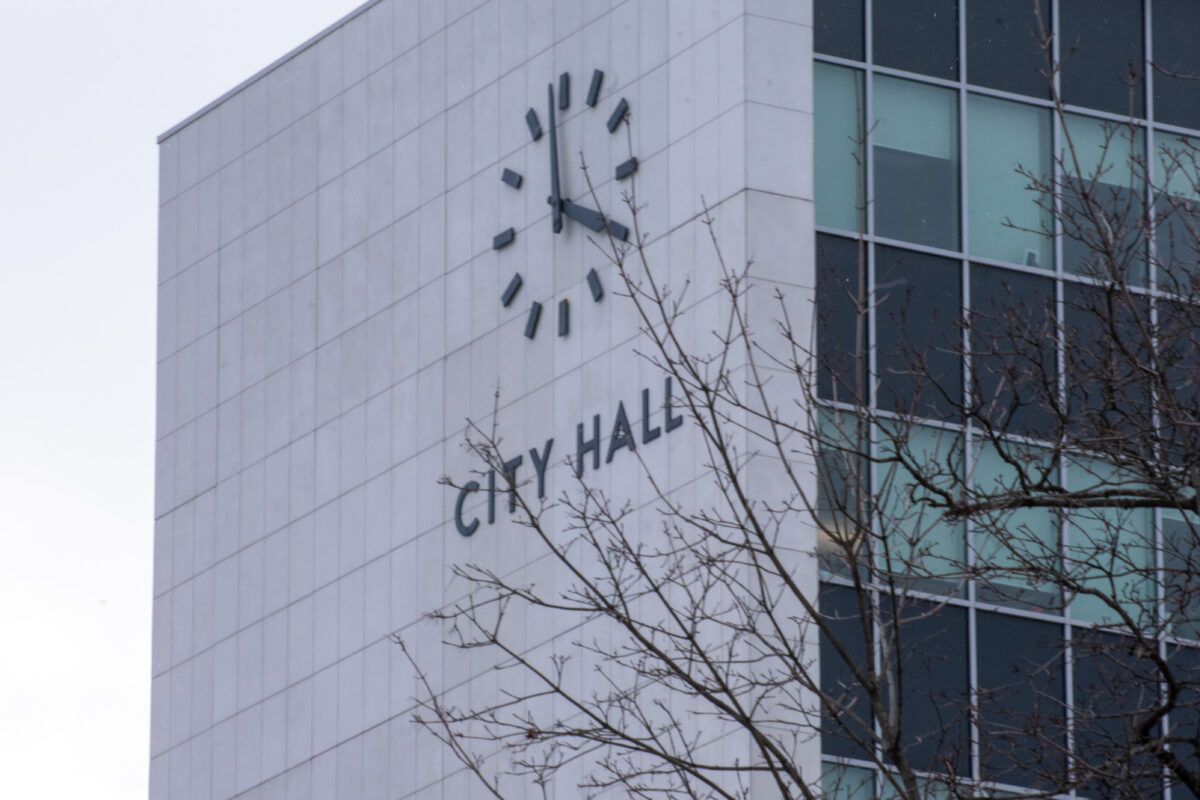City Council will debate changes to Hamilton’s demolition control by-law that, if passed, will create new conditions for residential demolitions designed to ensure the retention of housing stock and prevent demolitions resulting in eyesore low-tax vacant lands.
The changes follow public outcry resulting from the demolition of Ancaster’s historic Brandon House in early 2020. The over 150-year-old building was not designated under the Ontario Heritage Act.
The owner of the property applied for demolition which was granted without public notice under the delegated authorities of Hamilton’s existing bylaw.
City staff are proposing Council take back delegated authorities and that in the future, applications similar to Brandon House will be subject to a public hearing and decision.
Alissa Golden, the City’s Heritage Project Specialist, who is leading the review, says the “inferred intent” of the Ontario Planning Act’s demolition control provisions is “the retention of housing stock in residential units.”
The proposed changes “reflect the intention to help maintain the integrity of our residential neighbourhoods” and “prevent the premature loss of dwelling units and the creation of vacant land,” Golden told the Development Industry Liaison Group on Monday.
The changes will also help “prevent the premature loss of municipal assessment by the demolition of buildings.”
While the review was prompted by Brandon House, Golden notes “demolition control is not a huge conservation tool” and the City is working “to engage with the public as a part of our existing built heritage inventory strategy and proactive heritage inventory work” for those concerns.
Under the proposed new language for the by-law, residential demolition permits will go to Council unless the demolition is to facilitate an already approved development proposal or severance of property.
Examples of delegated proposals include those with as-of-right zoning approval, approved zoning and official plan amendments, approved minor variances, and approved severances.
In the case of approved developments, demolition permits will only be issued by City staff when all conditions are met for the new build, such as final site plan approval, and staff are satisfied construction will quickly follow.
Property owners can also appeal to the Ontario Land Tribunal if Council denies a demolition permit request. The public cannot appeal the issuing of a demolition permit.
The proposed changes are scheduled to go to Council in late April, with the Hamilton Municipal Heritage Committee expected to review the recommendations at their April 1, 2022 meeting.


Great article, Joey Coleman. The import of this change does not appear to have registered in the city. The intent of the 2008 bylaw was to relieve council of the responsibility to review every demolition application, a very challenging task, by delegating such permitting decisions to staff. That bylaw also applied broad criteria to allow permits and to require staff to approve them. The new bylaw goes some way to mitigating the downside of this, which has been the ongoing demolition of heritage buildings. There is still an outstanding need to identify criteria for red-flagging those applications which should be referred to council, however. AVHC has suggested the age of a building – perhaps 90 years and older – could be the identifying feature. The city has data on the age of buildings, and buildings over 90 years old could possibly fall into the heritage category of importance to the history of the city.